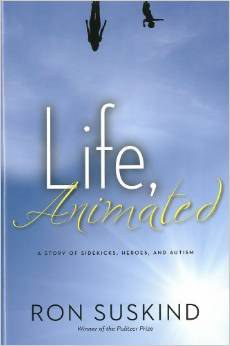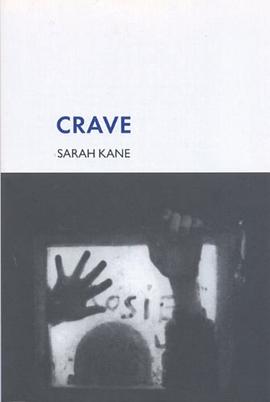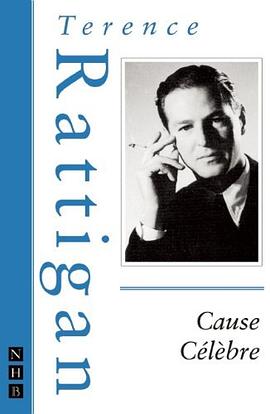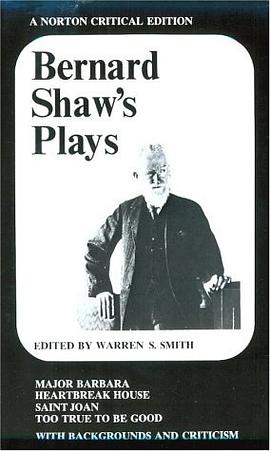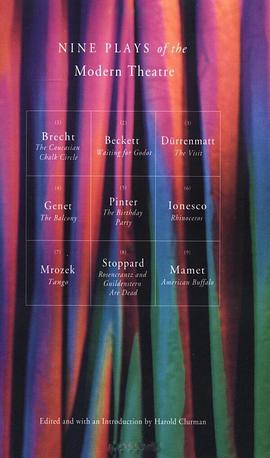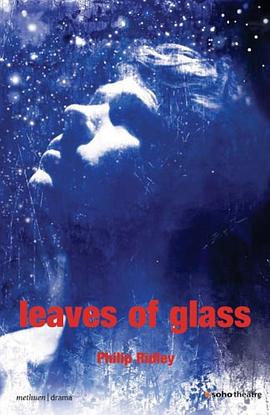
Temple Grandin's "Animals in Translation" speaks in the clear voice of a woman who emerged from the other side of autism, bringing with her an extraordinary message about how animals think and feel.Temple's professional training as an animal scientist and her history as a person with autism have given her a perspective like that of no other expert in the field. Standing at the intersection of autism and animals, she offers unparalleled observations and groundbreaking ideas about both.Autistic people can often think the way animals think -- in fact, Grandin and co-author Catherine Johnson see autism as a kind of way station on the road from animals to humans -- putting autistic people in the perfect position to translate "animal talk." Temple is a faithful guide into their world, exploring animal pain, fear, aggression, love, friendship, communication, learning, and, yes, even animal genius. Not only are animals much smarter than anyone ever imagined, in some cases animals are out-and-out brilliant.The sweep of "Animals in Translation" is immense, merging an animal scientist's thirty years of study with her keen perceptions as a person with autism -- Temple sees what others cannot.Among its provocative ideas, the book: LIargues that language is not a requirement for consciousness -- and that animals do have consciousness LIapplies the autism theory of "hyper-specificity" to animals, showing that animals and autistic people are so sensitive to detail that they "can't see the forest for the trees" -- a talent as well as a "deficit" LIexplores the "interpreter" in the normal human brain that filters out detail, leaving people blind to much of the reality that surrounds them -- a reality animals and autistic people see, sometimes all too clearly LIexplains how animals have "superhuman" skills: animals have animal genius LIcompares animals to autistic savants, declaring that animals may in fact be autistic savants, with special forms of genius that normal people do not possess and sometimes cannot even see LIexamines how humans and animals use their emotions to think, to decide, and even to predict the future LIreveals the remarkable abilities of handicapped people and animals LImaintains that the single worst thing you can do to an animal is to make it feel afraid/ULTemple Grandin is like no other author on the subject of animals because of her training and because of her autism: understanding animals is in her blood and in her bones.
具体描述
读后感
Temple Gradin以自身经验和研究,说明自闭症患者的图像思维方式和非人动物相近。在Sax的《火星上的人类学家》一书中,那位"无法理解人类,却对其他动物感同身受的"火星上的人类学家"指的就是他。有的人认为,"人道屠宰"或"动物福利"科学,仍是人类中心主义宰制动物的一种变相方...
评分 评分聆听它们,就是聆听我们自己 【读品】罗豫/文 童话世界里,能听懂动物语言的,多是天赋异禀之人。小说和电影中,不时也有拉风的动物当配角,它们和人灵犀相同,关键时刻还能舍己救人。但在动物学家眼里,这些大都是人类一厢情愿的文学叙事。对于那些喜欢动物,...
评分我们总是会听到这样的说法:人类把狼驯服成了狗。其实狼也驯化了人类,如果人类的祖先在十几万年前就开始和狼同居开始将它们驯化为狗,人类社会的很多特性可能是从狼学来的,比如一夫一妻,结交朋友,复杂的社会结构,捕猎时的团体作战,这些都是大猩猩所没有的。 现今,人类和...
评分偶然在图书馆注意到这本书,是因为看了部有关本书作者的电影——《自闭历程》。而之所以,会再次关注,很大成分上,自己也算半个自闭症患者。从喜欢村上的文学,到了解什么是“亚斯伯格症候群”,以及自闭者的表现,让我从自我认识的内向转变为自闭症患者。 自闭症应该算在心...
用户评价
相关图书
本站所有内容均为互联网搜索引擎提供的公开搜索信息,本站不存储任何数据与内容,任何内容与数据均与本站无关,如有需要请联系相关搜索引擎包括但不限于百度,google,bing,sogou 等
© 2025 qciss.net All Rights Reserved. 小哈图书下载中心 版权所有



